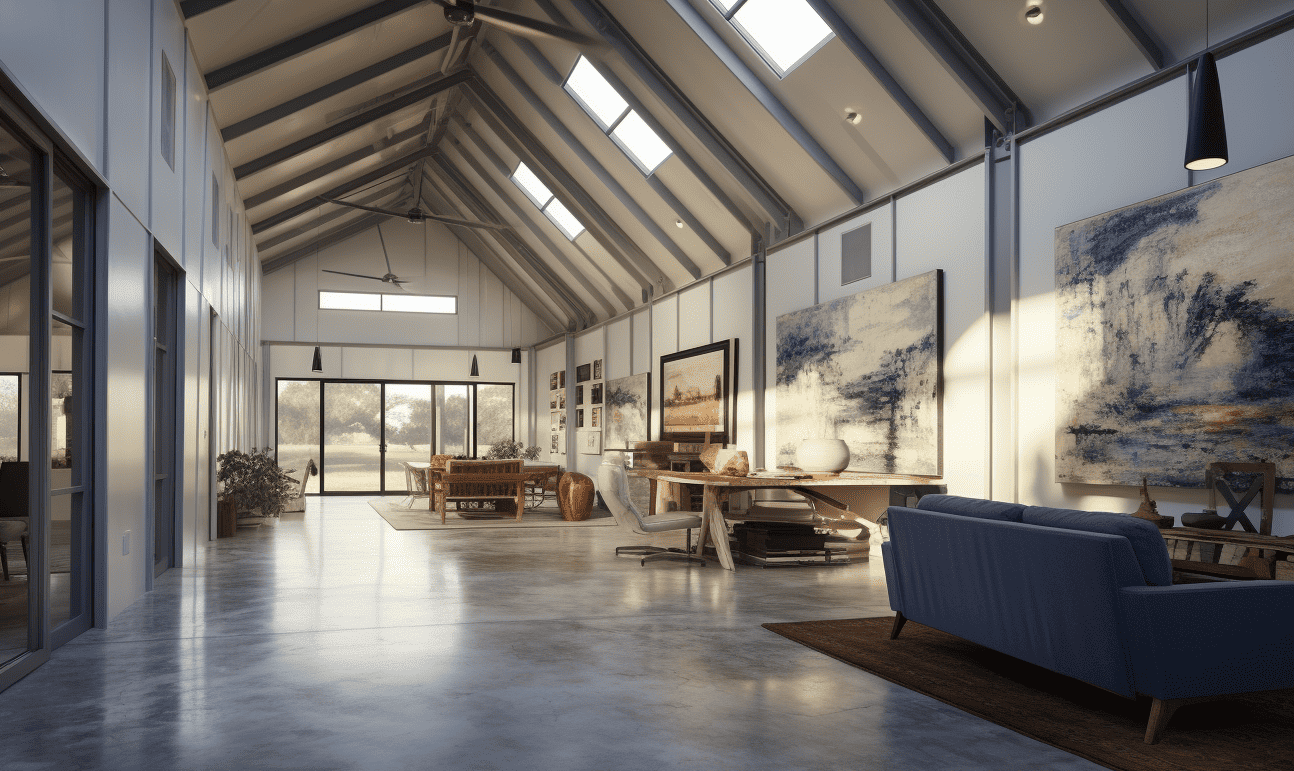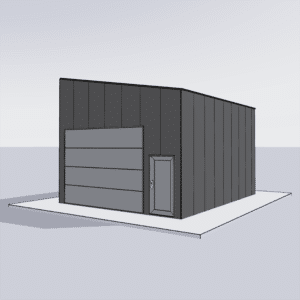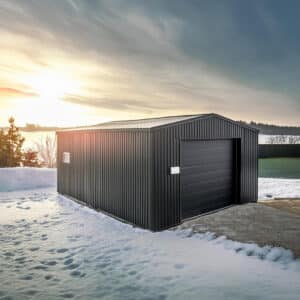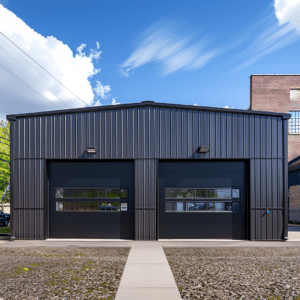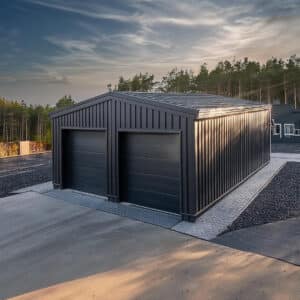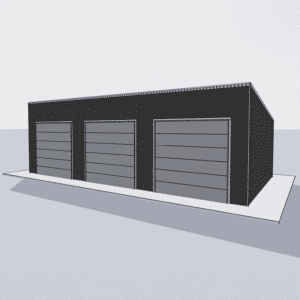In the realm of modern home improvement, understanding and mastering interior design principles can transform a house into a true sanctuary. If you’re a homeowner who has ever walked into a friend’s beautifully curated living space and felt a pang of envy, this article is your guide to unlocking the secrets of successful home interior design.
Interior design might sound intimidating, with its technical jargon and seemingly endless color swatches, but as you’ll discover, it’s simply the art of arranging your space to reflect your personal taste and lifestyle. Remarkably, achieving the perfect look doesn’t always require a professional designer’s touch. By following these **interior design tips for homeowners**, you can enhance your living space’s aesthetics with ease and creativity.
###
Embrace the Power of Color
Colors are the soul of a room, setting its mood and influencing our emotions. Whether you’re drawn to soothing neutrals or vibrant, bold hues, understanding the Color in interior design is crucial. Neutral colors like grays, whites, and taupe create a calming atmosphere and serve as a blank canvas for creative decoration. On the other hand, pops of color in the form of accent walls, furniture, or artwork can add energy and dynamism to any space.
###
Lighting: More than Just Illumination
Lighting is another pivotal aspect of effective interior design that often goes unnoticed. It shapes the ambiance and functionality of any room. Natural lighting, when optimized, not only saves energy but also enhances mood and productivity. Complement it with layered artificial lighting through a combination of ambient, task, and accent lighting. Each type serves a unique purpose — from illuminating the reading corner to highlighting a statement art piece.
###
Furniture Arrangement: Balancing Form and Function
The art of positioning your furniture requires a deft balance between aesthetics and practicality. Start by evaluating the room’s purpose and traffic flow before placing any pieces. Anchoring the space with a focal point, such as a fireplace, large window, or an exquisite piece of art, can draw the eyes and naturally guide furniture placement. Utilize furniture to divide large spaces into cozier, functional nooks. A well-planned layout not only utilizes space efficiently but also contributes to the room’s overall harmony.
###
Express Your Style with Art and Décor
Décor items add personality and rhythm to any space. While trends come and go, it’s best to prioritize items that resonate with you personally. Browse resources like Elle Decor for inspiration, and don’t shy away from infusing your space with cherished items and heirlooms. Above all, treat art and décor in home design as the final brush strokes that complete your masterpiece.

###
The Power of Textures and Patterns
Playing with textures and patterns is another avenue to elevate home design. Textural contrasts bring depth and interest to a room, while patterns can inject life and intrigue. Consider mixing materials like soft fabric cushions against a leather couch, or a woven rug on a hardwood floor for a rich sensory experience. The trick lies in balancing bold patterns with subtle textures to avoid visual chaos while expressing your style.
###
Flexible Spaces for Evolving Needs
In today’s fast-paced world, having a flexible space that adapitates to various functions is invaluable. Whether you’re looking to integrate a home office or a cozy reading nook, modular furniture and movable partitions are key. The flexibility encourages creativity, offering you the freedom to transform your living area without significant investments.
###
Incorporate Functional Storage Solutions
Maximizing storage without sacrificing design can be daunting, yet it’s achievable with strategic planning. Invest in versatile pieces like ottomans with hidden storage or chic shelving units. For those seeking more permanent solutions, consulting custom home builders can lead to bespoke storage that seamlessly blends into your home’s architecture.
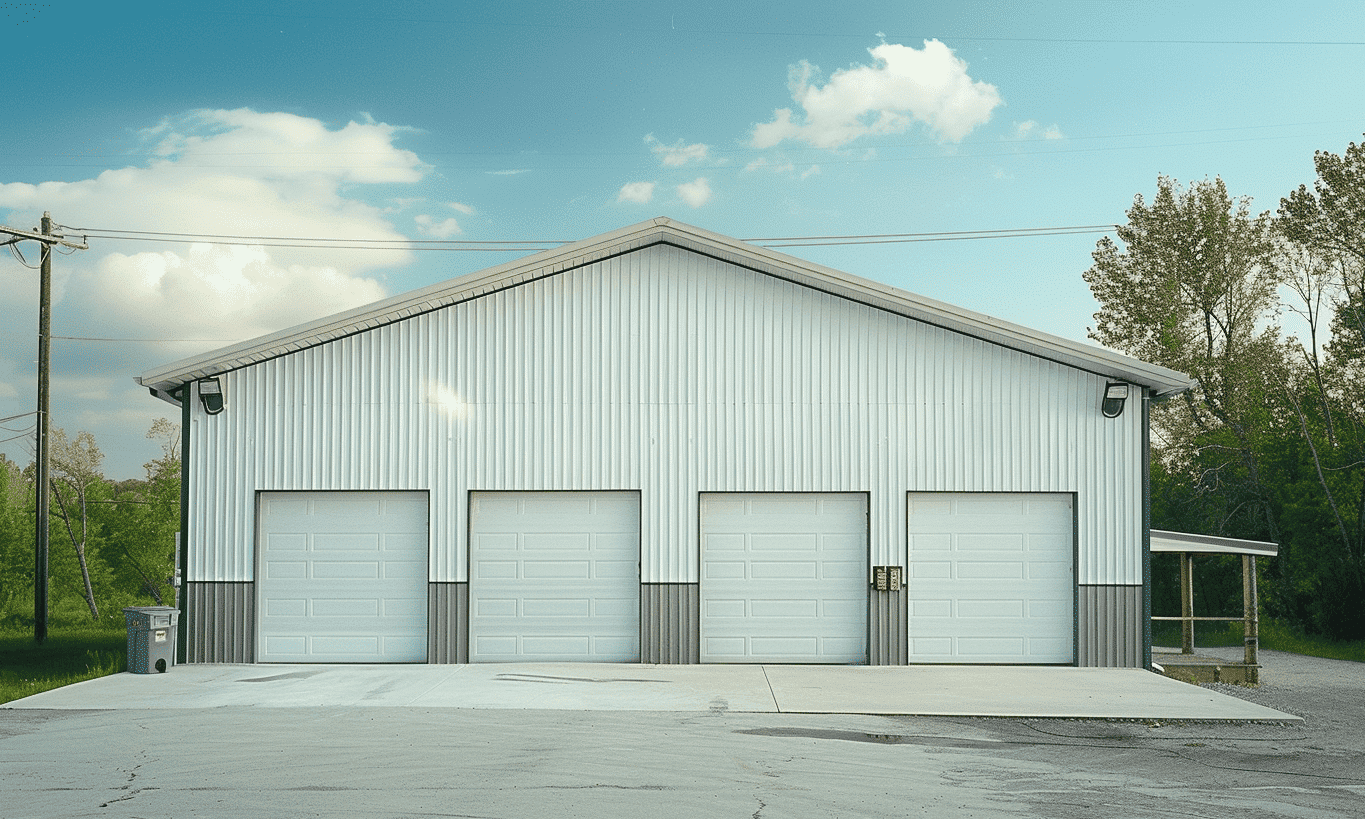
###
The Role of Technology in Modern Design
In the digital age, smart technology isn’t just about convenience; it’s a cornerstone of contemporary design. Integration of smart home systems—from automated lighting to sophisticated climate control—contributes to enhanced livability and efficiency. Imagine controlling every aspect of your home environment at the tap of a screen—a futuristic yet achievable setup.
###
Expanding Functionality with Metal Structures
Metal structures, such as garages and carports, provide more than mere utility. They represent functional expansions to your home space. Offering durability and sleek aesthetics, these structures, found in configurations like Metal Garage Kits for Residential Use | Custom Sizes & Designs, can fulfill various roles—from additional storage to hosting creative workshops.
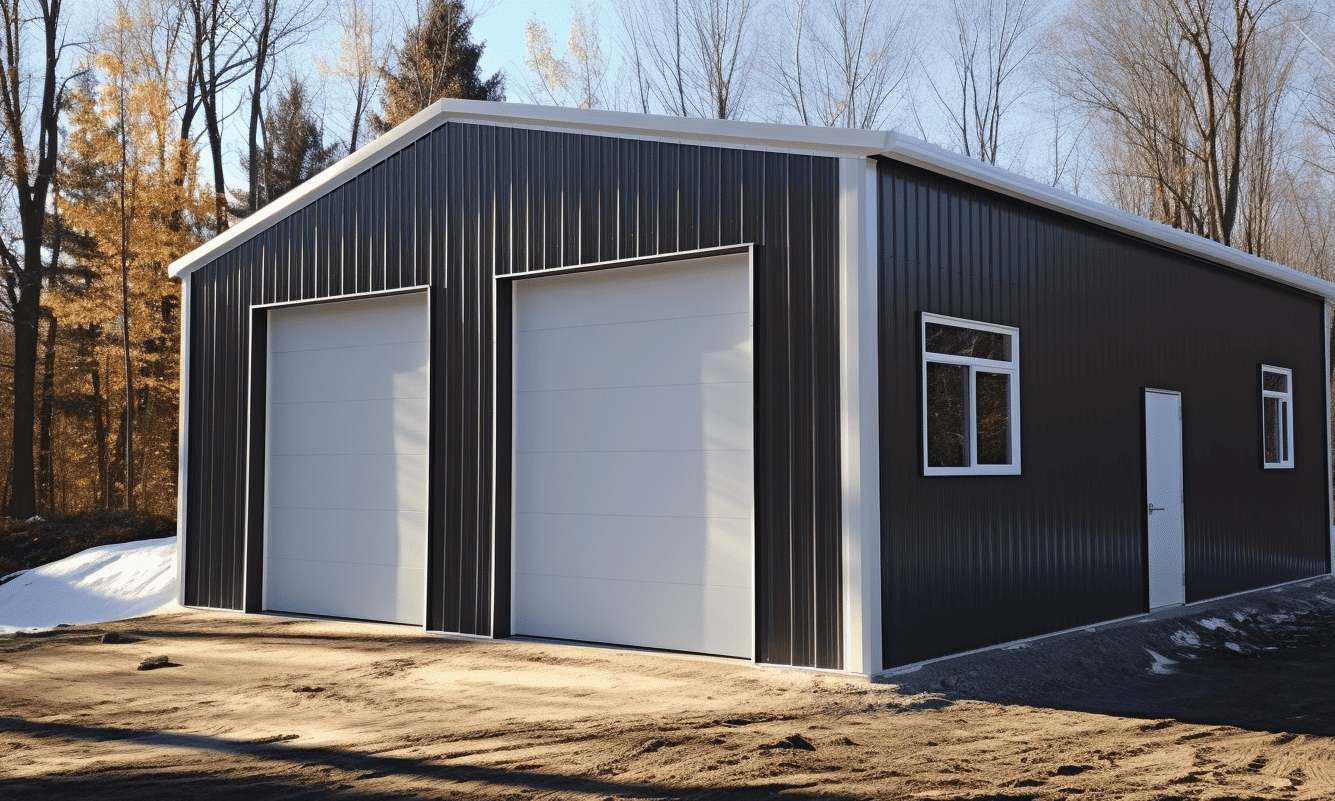
###
Conclusion
In essence, transforming your home through strategic interior design is an art accessible to every homeowner. By embracing these practical interior design tips—whether through clever use of color, lighting, or personalized elements—you can create a space that truly feels like home. Remember, interior design is not just about aesthetics, but harmonizing design principles with personal preferences and lifestyle, making your living environment not just beautiful, but supremely functional and tailored to your unique needs.


